Optimal Timing for Window Installations
Windows installations are most effective when scheduled during periods of low activity to minimize disruptions. Optimal timing often aligns with seasonal downtimes or periods of reduced business operations, ensuring smoother transitions and less impact on productivity.
Late fall and winter months typically see lower demand for installations, making them ideal for scheduling upgrades or new setups.
Weekends can be advantageous for installations requiring extended time, while weekdays may suit quick upgrades during off-hours.
Aligning installations with scheduled maintenance windows or holiday breaks reduces operational disruptions.
Early planning ensures availability of technical staff and resources during preferred timeframes.

Technicians carefully prepare systems for seamless upgrades, ensuring minimal downtime.
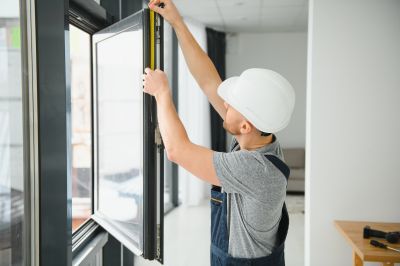
Planning ahead allows for optimal timing and resource allocation.

Delivery schedules are coordinated to align with installation dates, reducing delays.
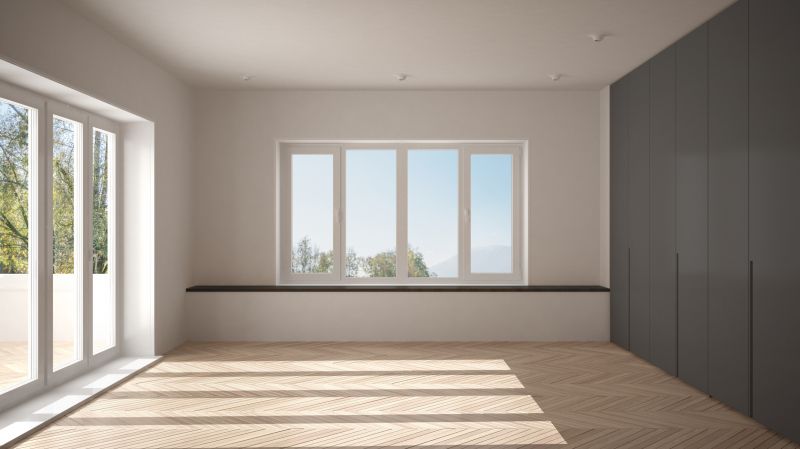
Ways to make Windows Installations work in tight or awkward layouts.
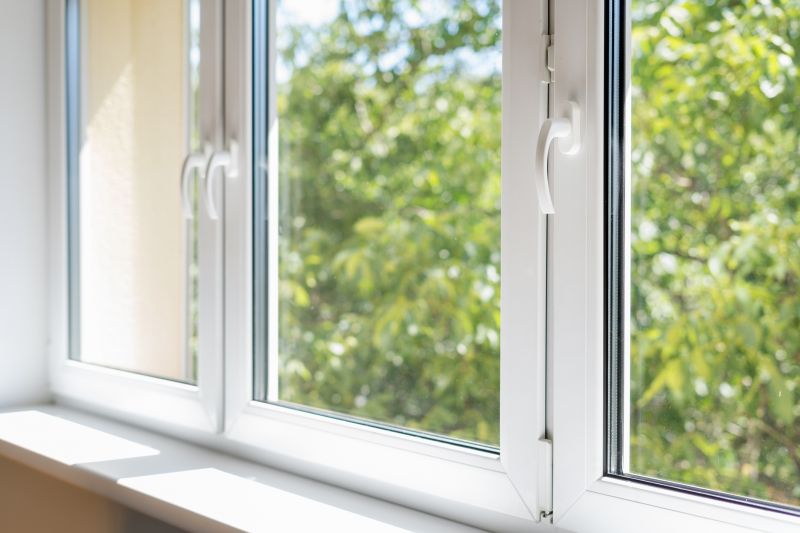
Popular materials for Windows Installations and why they hold up over time.

Simple add-ons that improve Windows Installations without blowing the budget.

High-end options that actually feel worth it for Windows Installations.

Finishes and colors that play nicely with Windows Installations.
| Timing Consideration | Recommended Period |
|---|---|
| Business Activity Levels | Off-peak seasons like late fall and winter |
| Weather Conditions | Avoid extreme weather days |
| Operational Downtimes | Align with scheduled breaks or holidays |
| Project Lead Time | Plan at least a few weeks in advance |
| Resource Availability | Coordinate with technical teams' schedules |
Windows installations are critical for maintaining system security, improving performance, and ensuring compatibility with new software updates. Proper timing can reduce downtime, enhance user experience, and streamline the upgrade process. Statistics indicate that scheduling during low-demand periods can decrease installation-related disruptions by up to 30%, leading to more efficient project completion.
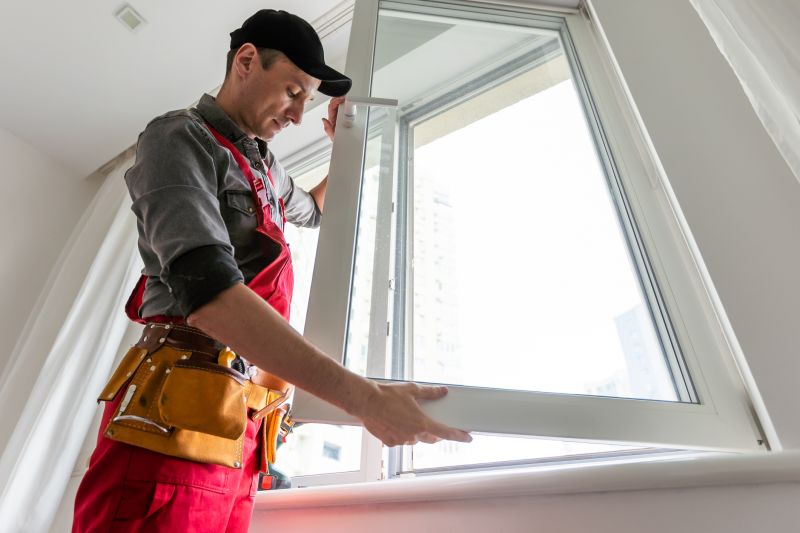
Upgrading Windows during low activity periods minimizes operational impact.

Availability of support staff during scheduled windows ensures quick resolution of issues.

Proper planning and preparation streamline the installation process.

Testing is scheduled after installation to verify system stability and performance.
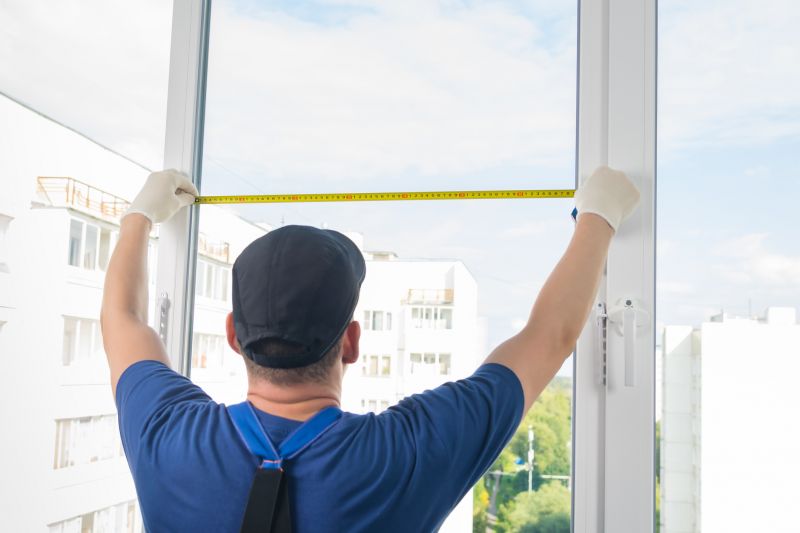
Little measurements that prevent headaches on Windows Installations day.
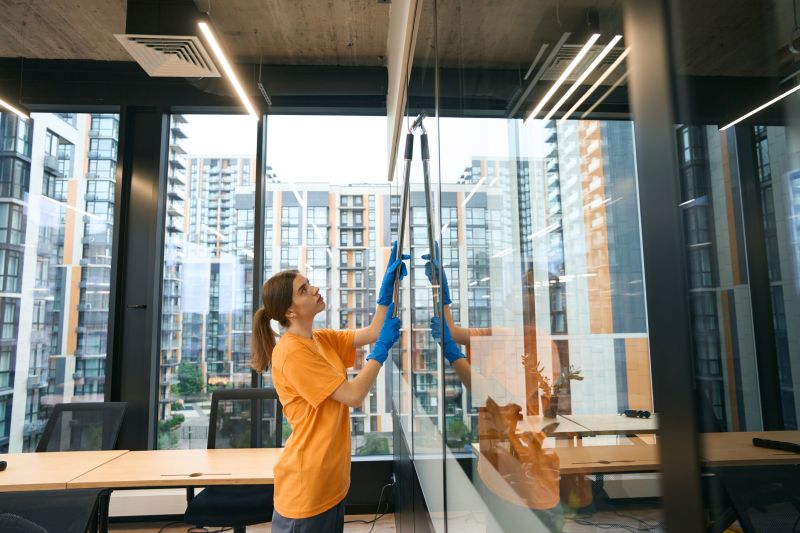
A 60-second routine that keeps Windows Installations looking new.

A frequent mistake in Windows Installations and how to dodge it.
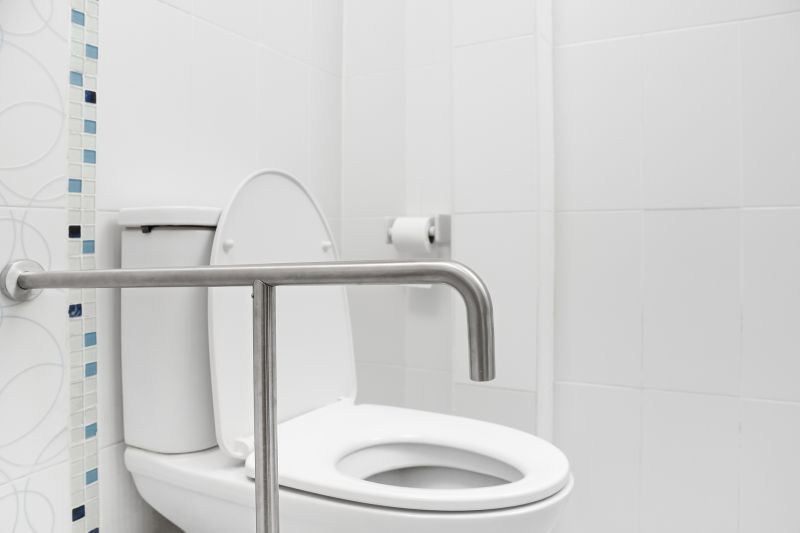
Small tweaks to make Windows Installations safer and easier to use.
Interested parties are encouraged to contact for scheduling Windows installations at a time that best suits operational needs. Proper planning and timing can lead to a smoother upgrade process, reducing downtime and ensuring system reliability.



